Mental health should always be your number one priority. Our VP Nicole Fontaine & WOI planning committee member Haley Chupka spoke about their history with mental health and their advice for young women in business who may not know how to address their own difficulties. Here are some of their tips:
You are never alone! Friends and family will usually support you if you reach out to them. Even if they don’t always understand or they’re not always helpful, it can be good to have someone on your side. And on a grander scale, you’re in good company — Demi Lovato, Ellen Degeneres, Oprah Winfrey, J. K. Rowling, and so many others are wildly successful in spite of their struggles.
Therapy is a great thing. You may not like the first therapist you find, but that doesn’t mean you should stop trying. No therapist will be upset if you stop going to them, they just want you to get the support you need! There are plenty of resources on campus to get you started too: the Center for Counseling & Psychological Health and the Center for Women and Community both offer counseling or therapy.
Take care of yourself first. When thinking about mental health in relation to the workplace, you have to remember that you can’t pour from an empty glass. If you’re not well enough to work, don’t push yourself to keep going; make recovery your priority. Check out this video for more on the topic:
“Managing your mental health in the workplace” by Kati Morton on YouTube:
Keeping in mind all of the above is critical to keeping yourself healthy. Ultimately, it boils down to knowing when to reach out for help and knowing your own limits. If you have questions, reach out to either Nicole or Haley!
